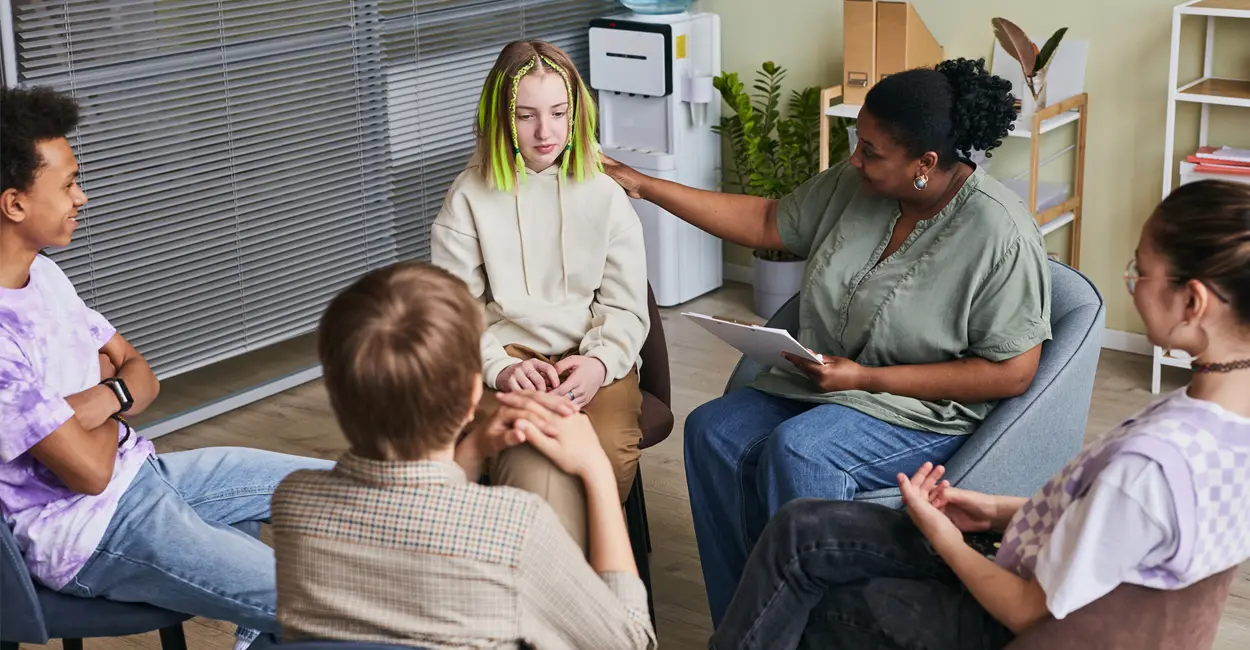24/7 Helpline:
(866) 899-221924/7 Helpline:
(866) 899-2219
Learn more about Group Therapy centers in Butte County

Other Insurance Options

Magellan Health

WellCare Health Plans

Health Choice

Ambetter

UMR

Medical Mutual of Ohio

Holman Group

Self-pay options

Horizon Healthcare Service

United Health Care

Coventry Health Care

PHCS Network

CareSource

Health Partners

Sliding scale payment assistance

BHS | Behavioral Health Systems

Carleon

AllWell

Group Health Incorporated

BlueShield















Mental Wellness Centers
Mental Wellness Centers is a private rehab located in Arco, Idaho. Mental Wellness Centers specializ...
















